A balanced and strategically planned diet during activity or training is crucial to maintaining your performance and delaying fatigue.
Why is the right nutrition important for endurance?
The correct nutrition during endurance activities provides the necessary energy to sustain longer physical exertions such as running, cycling, or swimming. A suitable selection of foods helps to maintain energy levels, reduce muscle fatigue, and ideally prolong performance. Spoiler: It's important to emphasize, however, that this is not a substitute for regular training.
Two essential components of endurance nutrition
Carbs - Carbs - Carbs
Easily digestible carbohydrates such as gels, bananas, potatoes, couscous, rice and sometimes bars are ideal energy sources during training. They replenish glycogen stores quickly and provide the needed energy for optimal performance. Pure sugar gels do not lead to a feeling of satiety, especially during prolonged activity. Since your digestive system can only process a maximum of 1.5g of glycogen (from glucose and fructose) per kilogram of body weight per hour, you should also be mindful not to consume too much. Carbohydrates have the advantage of being metabolized in both aerobic and anaerobic performance ranges. They are also easier to convert into energy than fat.
Electrolytes and Fluid
Isotonic drinks or electrolyte tablets help balance electrolytes and prevent muscle cramps during training. Particularly, sodium, potassium, magnesium, and calcium are important electrolytes lost during training. Adequate fluid intake is also crucial to avoid dehydration and maintain performance. This should always be in harmony with electrolytes. Again, it's important to note that both excessive and inadequate drinking can have negative effects. Read more about our HydroCaps for further information.
Important Supplement
Proteins and fats play a secondary role during training as they are digested more slowly. However, they are important for muscle regeneration and repair after training. Therefore, we recommend consuming these more heavily after activity and only in small amounts during activity. Hence, our pouches are primarily focused on carbohydrates with only small amounts of protein and fat.
Individual Adjustment and Tolerance
Since every athlete is unique, it's important to adjust training nutrition to individual preferences and tolerances. Experiment with different foods and drinks to find out what works best for you.
Plan also, what and how much you want to eat, and try to stick to it. Make a note afterwards if your plan worked out and adjust it accordingly. This way, you can iteratively approach your fuelling strategy.
Conclusion
Targeted nutrition during training can extend your performance and increase endurance. Through the right selection of foods and fluids, you can maintain energy, reduce muscle fatigue, and enhance your athletic performance.

